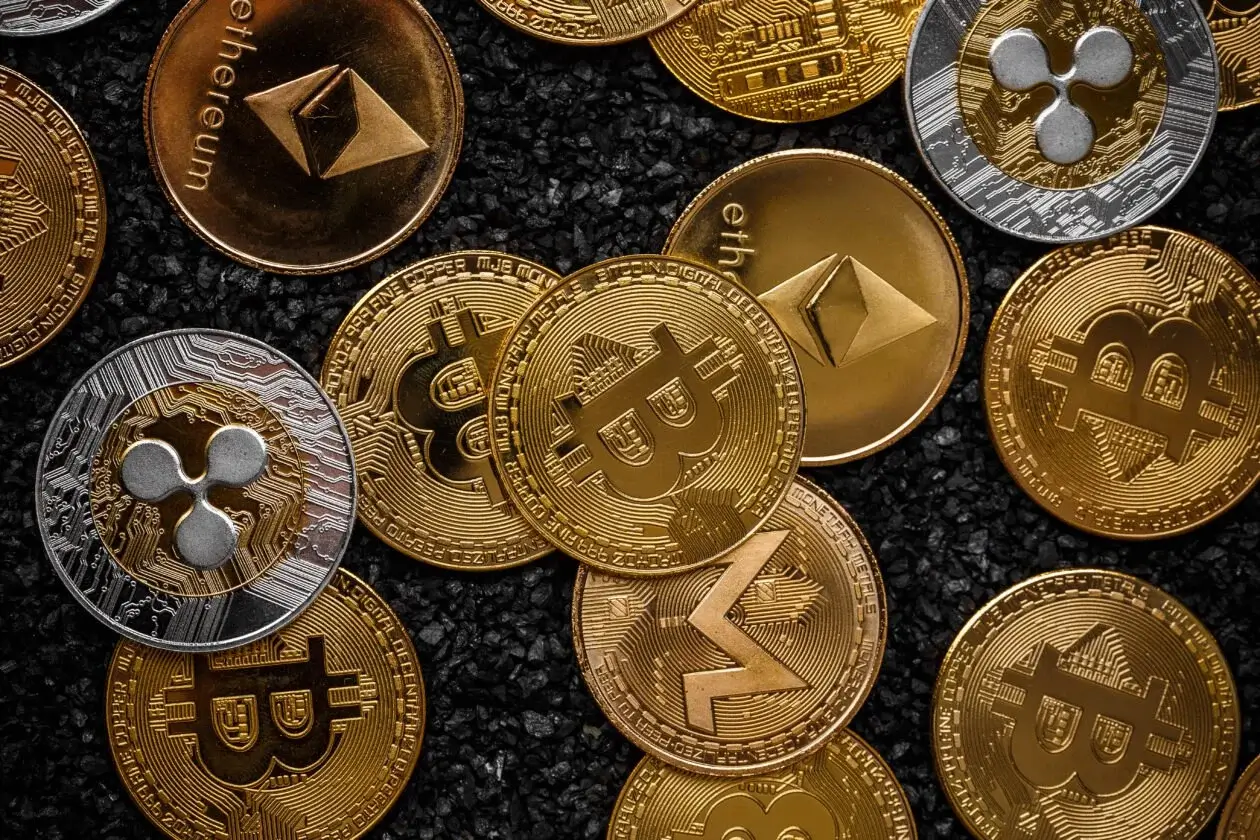Crypto Faces Ongoing Challenges Despite Pro-Crypto Shift in U.S. Leadership
24.11.2024 15:00 1 min. read Kosta Gushterov
Coin Center, a prominent crypto advocacy organization, has raised concerns about potential barriers to innovation in the U.S. crypto sector, even as expectations grow for a more crypto-friendly environment under a possible Trump administration.
The group’s research director, Van Valkenburgh, identified three key issues that could hinder progress for both investors and developers: excessive IRS reporting requirements, sanctions on crypto services like Tornado Cash and Samourai Wallet, and overbearing anti-money laundering (AML) policies.
The group criticizes the U.S. tax code’s requirement to report crypto transactions over $10,000 to the IRS, calling it unconstitutional and a needless surveillance measure.
Coin Center also warns that the sanctions placed on Tornado Cash and Samourai Wallet, along with criminal charges for alleged illegal money transmission, could discourage developers from working on non-custodial crypto services. While the incoming administration’s pro-crypto stance might lead to policy adjustments, Valkenburgh remains cautious.
He points out that the Department of Justice, despite any changes under Trump, could continue enforcing these regulations, as it values its political independence. Despite these challenges, Coin Center remains hopeful for gradual progress in the crypto market, even if all restrictions are not fully lifted.
-
1
Why Gold Could Be the Smart Play Amidst US Debt Surge
11.06.2025 11:00 1 min. read -
2
Warren Buffett Narrows His Bets as He Prepares to Step Down
14.06.2025 16:00 2 min. read -
3
MEXC Sets Up $100M Emergency Fund to Protect Users From Major Security Incidents
12.06.2025 11:00 1 min. read -
4
NFTs Quietly Evolve Into Core Digital Infrastructure
13.06.2025 17:00 2 min. read -
5
Peter Thiel-Backed Bullish Quietly Files for IPO as Crypto Firms Eye Wall Street
11.06.2025 22:00 1 min. read
Kazakhstan to Establish State Crypto-Reserve Under Central Bank Oversight
Kazakhstan is taking a major step toward integrating digital assets into its national financial strategy, with plans to establish a state-managed crypto-reserve.
Key U.S. Events to Watch This Week That Could Impact Crypto
The first week of July brings several important developments in the United States that could influence both traditional markets and the cryptocurrency sector.
Here Is How Your Crypto Portfolio Should Look Like According to Investment Manager
Ric Edelman, one of the most influential voices in personal finance, has radically revised his stance on crypto allocation. After years of cautious optimism, he now believes that digital assets deserve a far larger share in investment portfolios than ever before.
GENIUS Act Could Reshape Legal Battle over TerraUSD and LUNA Tokens
In the case involving Terraform Labs and its co-founder Do Hyeong Kwon, the defense has asked the Federal Court for the Southern District of New York to extend the deadline for pretrial filings by two weeks, pushing it beyond the original date of July 1, 2025.
-
1
Why Gold Could Be the Smart Play Amidst US Debt Surge
11.06.2025 11:00 1 min. read -
2
Warren Buffett Narrows His Bets as He Prepares to Step Down
14.06.2025 16:00 2 min. read -
3
MEXC Sets Up $100M Emergency Fund to Protect Users From Major Security Incidents
12.06.2025 11:00 1 min. read -
4
NFTs Quietly Evolve Into Core Digital Infrastructure
13.06.2025 17:00 2 min. read -
5
Peter Thiel-Backed Bullish Quietly Files for IPO as Crypto Firms Eye Wall Street
11.06.2025 22:00 1 min. read


